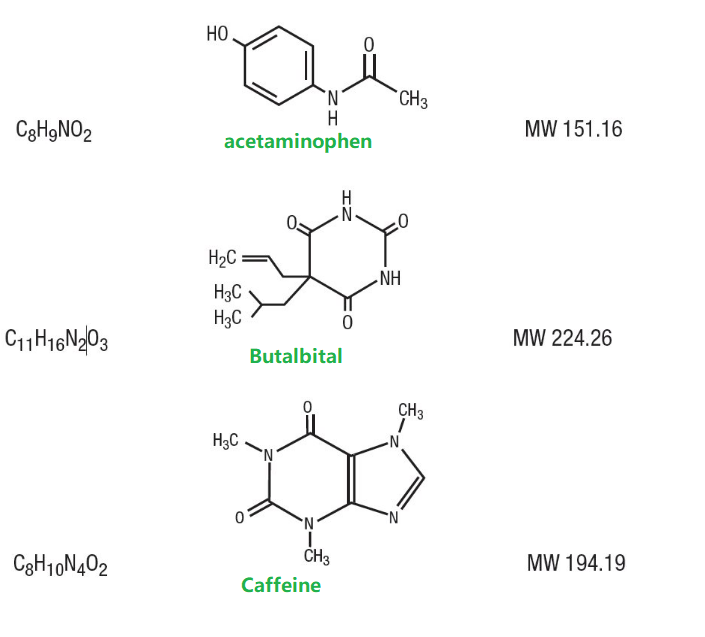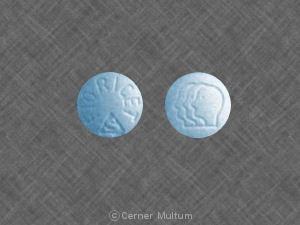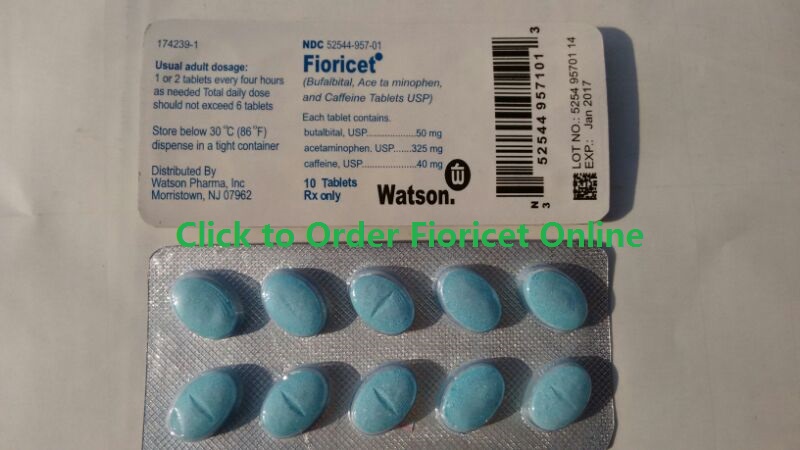If you’re struggling with constant All kinds of Headache, your doctor might prescribe you a medication called Fioricet. This proprietary, brand name medication is actually a combination of other medications. The basic component is, surprisingly enough, acetaminophen, a common pain relieving medication that you can easily get over the counter. Since it’s mixed with another powerful medication, though, it’s something that you can only get by prescription.

The second ingredient in this medication is Butalbital, which is a barbiturate, commonly used to relieve muscle tension. Since many of the worst All kinds of Headache that you can get are actually caused by tense muscles in the neck and shoulders, this is a very helpful addition to a very helpful pain killer.
The formulation of this medication is accentuated with a dose of caffeine. Although caffeine doesn’t necessarily stop All kinds of Headache, it does have an effect on the central nervous system. It stimulates the veins and relaxes them, allowing blood to flow more freely. This, in and of itself, can have a mild pain relieving effect on All kinds of Headache. However, it’s mainly useful because it can help the other two drugs to be delivered to the body’s various systems more easily.
Fioricet is a medication that you need a prescription for, but you don’t necessarily have to buy it through traditional pharmacies. These days, online pharmacies are very popular for buying medications like these. It’s easy because you don’t have to actually go anywhere to get your medications. They can be delivered right to your door for a minimal cost.
Before you purchase Fioricet online, though, make sure that you’re getting it from a reputable online drugstore where you are assured of the quality of your medication and the quantity you’re going to get.
One of the main advantages of buying online is that you can save money, too, but make sure you’re getting what you pay for with this medication.
Many people who purchase Fioricet online find that they enjoy the utter privacy of it. No one needs to know that you’re suffering from All kinds of Headache, but you can get relief easily and quickly by having your medication delivered to your door. One you start taking this medication, you’ll see just how quickly and effectively it works on All kinds of Headache of all sorts, and you’ll be able to get rid of your All kinds of Headache more efficiently than ever before.
Before taking this medicine
Do not use Fioricet if you have taken an MAO inhibitor in the past 14 days. A dangerous drug interaction could occur. MAO inhibitors include isocarboxazid, linezolid, phenelzine, rasagiline, selegiline, and tranylcypromine.
You should not use Fioricet if you are allergic to acetaminophen, butalbital, or caffeine, if you have porphyria, or if you have recently used alcohol, sedatives, tranquilizers, or other narcotic medications.
To make sure Fioricet is safe for you, tell your doctor if you have:
- liver disease, cirrhosis, a history of alcoholism or drug addiction, or if you drink more than 3 alcoholic beverages per day;
- kidney disease;
- asthma, sleep apnea, or other breathing disorder;
- stomach ulcer or bleeding;
- a history of skin rash caused by any medication;
- a history of mental illness or suicidal thoughts; or
- if you use medicine to prevent blood clots.
It is not known whether Fioricet will harm an unborn baby. If you use butalbital while you are pregnant, your baby could become dependent on the drug. This can cause life-threatening withdrawal symptoms in the baby after it is born. Babies born dependent on habit-forming medicine may need medical treatment for several weeks. Tell your doctor if you are pregnant or plan to become pregnant.
What should I avoid while taking Fioricet?
This medication can cause side effects that may impair your thinking or reactions. Be careful if you drive or do anything that requires you to be awake and alert.
Avoid drinking alcohol. It may increase your risk of liver damage while taking acetaminophen.
Ask a doctor or pharmacist before using any other cold, allergy, pain, or sleep medication. Acetaminophen (sometimes abbreviated as APAP) is contained in many combination medicines. Taking certain products together can cause you to get too much acetaminophen which can lead to a fatal overdose. Check the label to see if a medicine contains acetaminophen or APAP.
 acetaminophenac
acetaminophenac
While you are taking this medication, avoid taking diet pills, caffeine pills, or other stimulants (such as ADHD medications) without your doctor’s advice.
For more about Fioricet, please check Fioricet Side Effects




 acetaminophenac
acetaminophenac